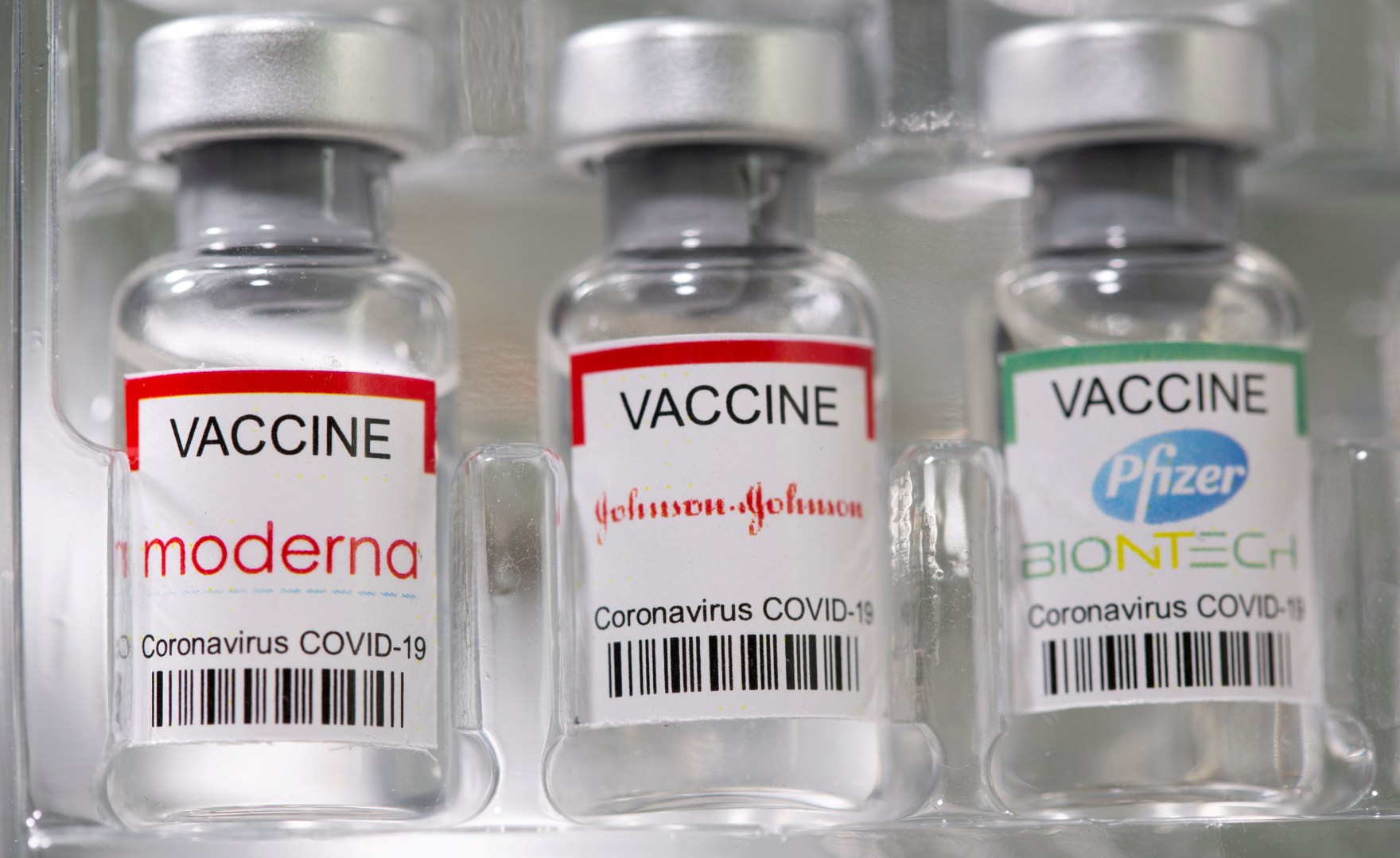
Tedros Adhanom Ghebreyesus, World Health Organization (WHO) Director-General: “In late May I called for global support for a sprint to September to enable country to vaccinate at least 10% of its population by the end of September. We are now more than halfway to that target date, but we are not on track. When I issued that challenge in May, high-income countries had administered around 50 doses for every 100 people. Since then, that number has doubled. High-income countries have now administered almost 100 doses for every 100 people. Meanwhile, low-income countries have only been able to administer 1.5 doses for every 100 people due to lack of supply. We need an urgent reversal from the majority of vaccines going to high-income countries to the majority going to low-income countries. Accordingly, WHO is calling for a moratorium on boosters until at least the end of September to enable at least 10% of the population of every country to be vaccinated.”
“It’s no understatement to say that the course of the pandemic depends on the leadership of the G-20. I repeat, it’s no understatement to say that the course of the pandemic depends on the leadership of the G-20 countries.”
“We call on vaccine producers to prioritise COVAX and we call on everyone with influence – Olympic athletes, investors, business leaders, faith leaders and every individual in their own family and community to support our call for a moratorium on booster shots until at least the end of September.”
Reporter question: “The WHO today called on countries basically to put a halt on booster shots of the COVID vaccine. What’s the White House reaction to his call to put that off until at least the end of September?”
Jen Psaki, White House press secretary: “Well Jeff, we feel that it’s a false choice and that we can do both. We announced just yesterday that we hit an important milestone of over 110 million vaccines donated to the world. That is more than any other country has shared combined. We also made clear that that is the beginning. And we also started to donate the 500 million doses of Pfizer we’ve purchased. We will start to donate those later this month. So we’ve taken action on the global level far more than any country around the world. We’re asking the global community to also step up. We saw some action at the G7. More needs to happen, but we believe we can do both. We also in this country have enough supply to ensure that every American has access to a vaccine. We will have enough supply to ensure if the FDA decides that boosters are recommended for a portion of the population to provide those as well. We believe we can do both and we don’t need to make that choice.”
Reporter question: “For Americans who are taking it on themselves and trying to seek out a third shot, what is the administration’s view of those who are trying to self-boost, for lack of a better term?”
Jen Psaki, White House press secretary: “What we’ve been conveying to officials around the country who have implemented this in some places is that this is not in alignment with the guidance of the public health, of public health officials, whether that is the CDC or the FDA. And we are certainly in touch with local officials on that matter and conveying exactly that. We also at the same time are prepared if the FDA decides that they are going to recommend a booster. That is why we ordered the number of doses we did order several months ago, because we are like Boy Scouts and Girl Scouts and always want to be prepared. So we are prepared for that. But it is not what the FDA and the CDC are recommending and we are conveying that directly to officials.”










